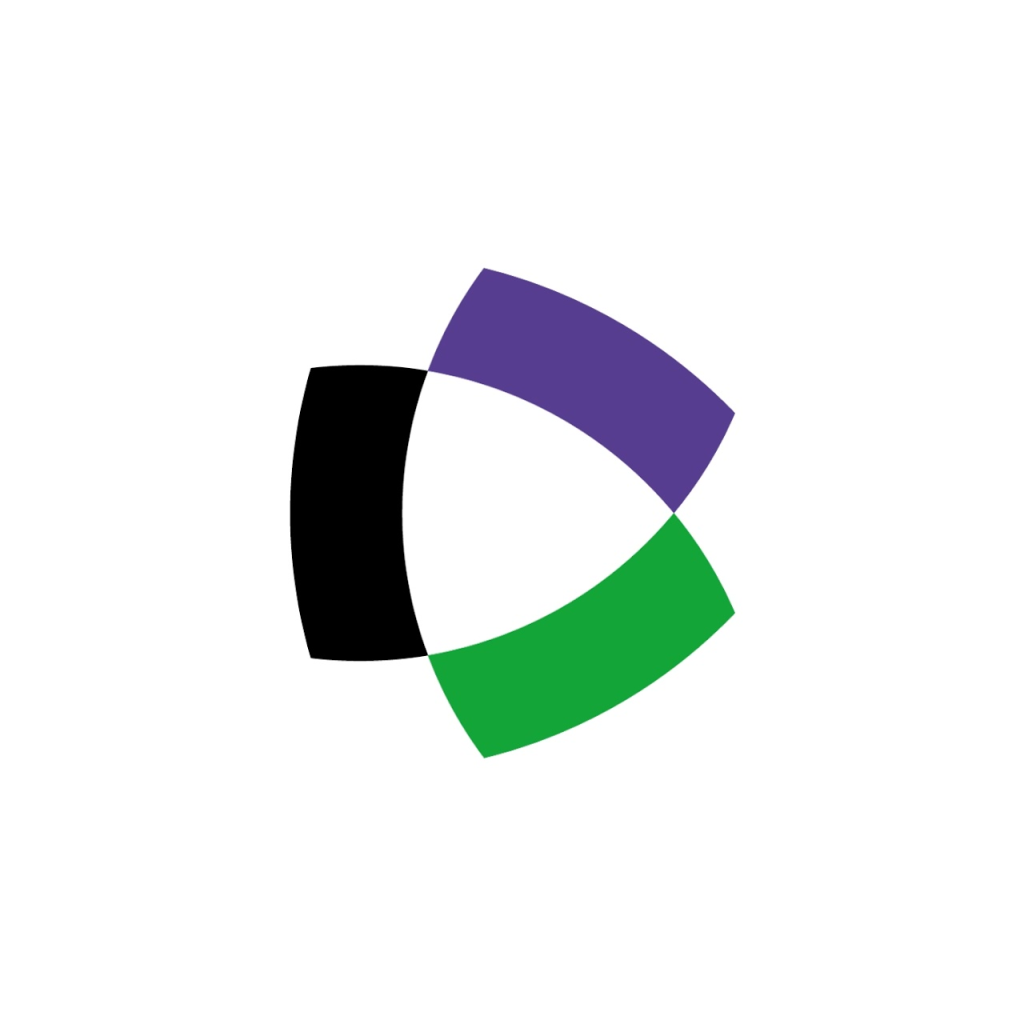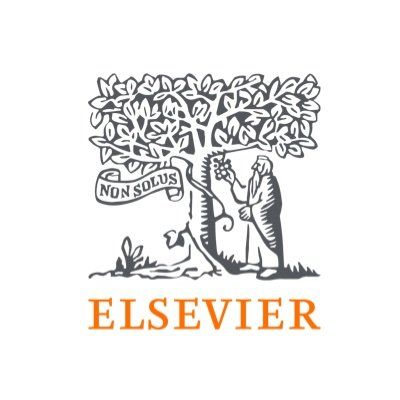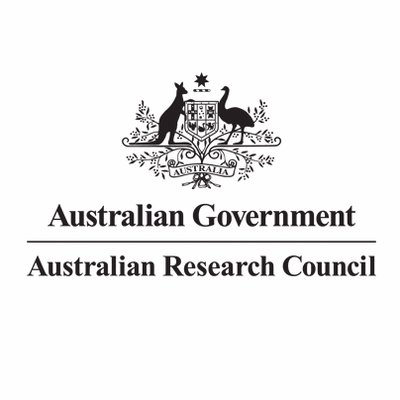Journal indexing refers to the process of including a journal in a specific database or index that tracks and organizes scholarly publications. Indexing services like Web of Science (WoS), Scopus, and ERA (Excellence in Research for Australia) play a crucial role in academic research. Journals are evaluated based on relevance, rigor of peer review, academic impact, and ethical standards before being included in these indices.

A multidisciplinary citation database providing access to scholarly literature and citation analysis.

An abstract and citation database offering comprehensive coverage of multidisciplinary literature.

A national initiative assessing the quality of Australian research outputs and institutions.
Researchers should not solely rely on journal indexing as the sole criterion for assessing the legitimacy of a journal. The fact that a journal is indexed in reputable databases like Web of Science or Scopus does not automatically guarantee that it is free from predatory practices. While inclusion in these indices often indicates a certain level of quality and adherence to standards, it does not necessarily rule out the possibility of predatory behavior.
Predatory journals are those that engage in unethical publishing practices, such as lack of rigorous peer review, unrealistically high acceptance rate, deceptive editorial practices, and the prioritization of financial gain over academic quality. Some predatory journals manage to get indexed in reputable databases, either by exploiting loopholes or by meeting minimal criteria for inclusion.
Answer: Journal indexing is the process of including a journal in a specific database or index that tracks and organizes scholarly publications.
Answer: Journal indexing enhances a journal’s visibility, credibility, and impact. It allows researchers to track citations, assess quality, and aids in research evaluation.
Answer: Scopus, WoS, and ERA was included in the publication criteria assessed in MALAYSIA RESEARCH ASSESSMENT INSTRUMENT II (MyRA® II). MyRA is a comprehensive system developed to evaluate the research capabilities and performance of an Institution of Higher Learning (IPT) in Malaysia. Other indexes carry lower weightage in the assessment.
Answer: Both WoS and Scopus are multidisciplinary citation databases, but they may cover different journals and have distinct features. Researchers often use both for comprehensive literature searches.
Answer: Inclusion in reputable databases is a positive indicator, but it does not assure that a journal is entirely free from quality concerns. Researchers should also take into account additional factors such as peer review and editorial practices. Similarly, articles published in non-indexed journals or those with lower-tier indexing do not necessarily imply that the articles are of low quality.
Answer: No, open-access publishing is a legitimate model. Predatory publishing involves deceptive practices. Researchers should assess journals individually for credibility.
Answer: Yes, many journals are indexed in multiple databases. Being indexed in more than one database can enhance a journal’s visibility and accessibility.
Answer: Not necessarily. While many reputable journals are indexed, the inclusion process depends on the specific criteria of each database, and some high-quality journals may not be indexed.
In addition to Web of Science (WoS), Scopus, and the Excellence in Research for Australia (ERA) index, several other popular indexing services. For example, PubMed is widely recognized in the biomedical and life sciences, providing access to a vast array of research articles and clinical studies. The Directory of Open Access Journals (DOAJ) indexes open-access journals across various disciplines, promoting accessibility to scholarly content. Another notable index is the IEEE Xplore Digital Library, focusing on electrical engineering, computer science, and electronics research. Additionally, the arXiv preprint server serves as a repository for preprints in physics, mathematics, computer science, quantitative biology, quantitative finance, statistics, electrical engineering, systems science, and economics. In Malaysia, MyCite is a citation tracking system developed and provided by the Malaysian Citation Centre (MCC), which is part of the Ministry of Higher Education in Malaysia designed to track and monitor the citation impact of Malaysian scholarly publications.